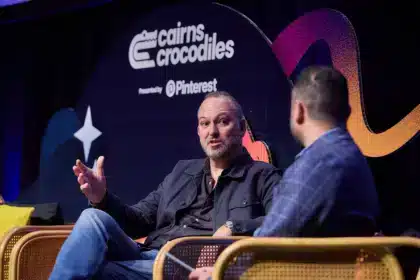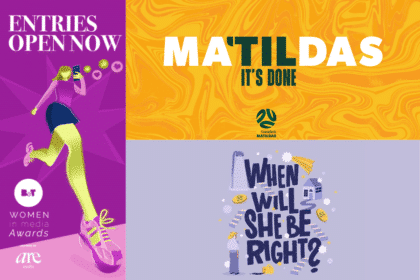The ongoing battle between publishers and tech companies over the use of copyrighted content has escalated, with Brave Software filing a lawsuit against News Corp in a bid to preempt potential legal action by Rupert Murdoch’s media conglomerate.
In a complaint filed Wednesday night in San Francisco federal court, Brave Software, which operates the privacy-focused Brave Search, said it took legal action after News Corp issued a cease-and-desist letter. The letter accused Brave of unlawfully “scraping” and indexing content from News Corp-owned publications such as The Wall Street Journal and The New York Post and demanded compensation.
Last year News Corp signed a multi-year deal with OpenAI that allows it to scrape News Corp’ content to train ChatGPT.
The lawsuit also names News Corp’s British, Australian, and Dow Jones operations as co-defendants.
Brave, however, argues that indexing content is standard practice for search engines and falls under the doctrine of fair use. “Fair use” allows limited use of copyrighted material without permission under certain conditions, such as search indexing and research.
Beyond the core copyright dispute, Brave claims that News Corp’s actions pose a broader threat to the development of artificial intelligence. The company contends that restricting search indexing could impede the evolution of AI-driven technologies, including chatbots like OpenAI’s ChatGPT and Google’s Gemini, which rely on search results.
Brave also suggests that News Corp’s lawsuit is an attempt to hinder competition in the search engine market, where Google dominates with nearly 90 per cent market share, while Microsoft’s Bing captures most of the remaining share. Brave Search, by contrast, holds less than 1 per cent of the market.
“Defendants, which partner with Google, seek to bully Brave out of the market and push the market’s already-high barriers to entry infinitely higher,” Brave stated in its legal filing.
News Corp’s chief executive Robert Thomson fired back, rejecting Brave’s claims and framing the lawsuit as a desperate attempt to justify content theft.
“There is absolutely no ‘safe harbor’ for piratical, parasitical practices flimsily disguised as traditional ‘search’. The unauthorised scraping and reselling of our copyrighted content to AI engines and other Brave customers is blatant abuse, not fair use. It is perverse in the extreme that a company that bemusingly calls itself Brave should engage in content conduct that is so shiftily shameful,” he said.
This is not the first time that News Corp has been embroiled in a legal battle of this nature. In October last year, it sued AI startup Perplexity AI, accusing it of infringing upon copyrighted content by copying news articles, analyses, and opinions “on a massive scale”.
The company’s latest cease-and-desist letter to Brave, dated February 27, accused the search engine of monetising “widescale theft of intellectual property by selling the purloined content to some of the very same tech companies it publicly derides”.
“In so doing, Brave harms content creators, including the innumerable journalists, editors, and other staff responsible for producing high-quality content,” News Corp stated.
Brave’s lawsuit is the latest move in the growing conflict between traditional media companies and tech firms seeking to aggregate or use their content. With AI models increasingly trained on publicly available text, legal challenges over copyright and fair use are becoming more frequent.
As the lawsuit progresses, it will test the boundaries of fair use in the digital age and could have significant implications for the future of search engines, news aggregation and AI development.








